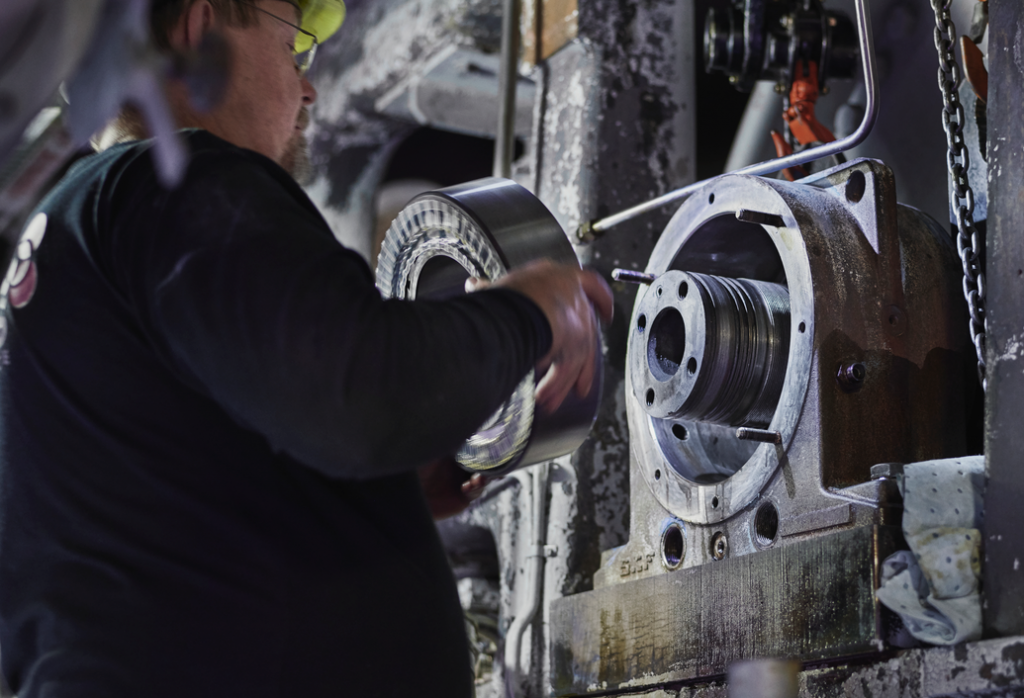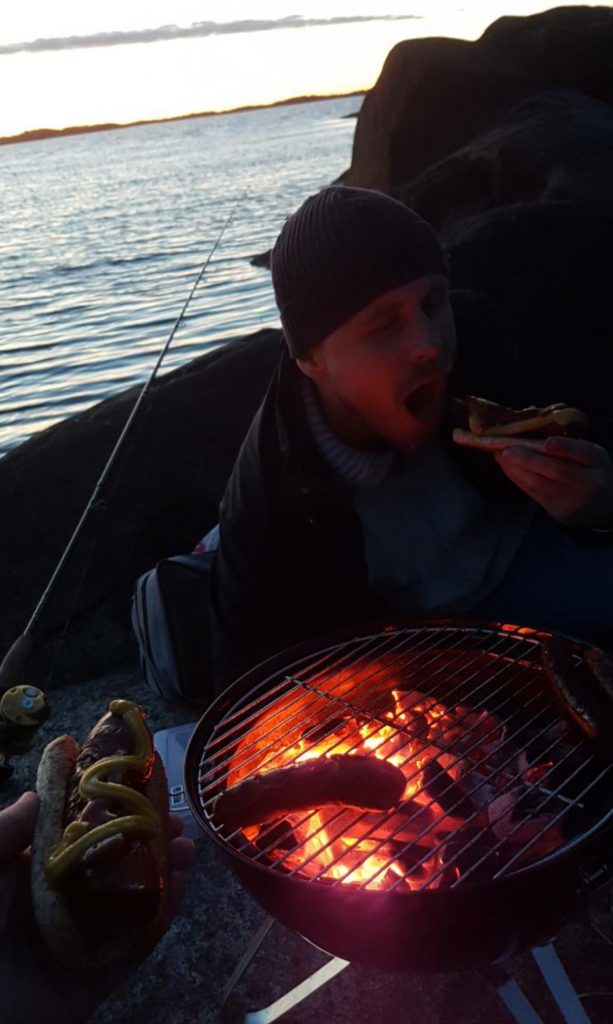Going With Your Gut
May 26
SKF, TraineeBloggen, Traineedagen
Comments Off on Going With Your Gut
Hey there!

Fredrik here from SKF Global Graduate Programme! I am an Automation and Mechatronics engineer from Chalmers University of Technology and joined SKF’s Gothenburg office in august 2019. Before this programme I spent most of my university years working and leading projects within the student union. I also spent a semester in the Netherlands writing my master thesis for a computer-chip company. There I built an algorithm that would be the foundation for a new supply chain management and planning system. My time in The Netherlands let me also meet so many different people from different cultures… It opened my eyes for the great benefits and excitement in a multi-cultural and global working environment.

Today I am part of SKF’s Group Quality, here I have been part of projects ranging from improved product designs to increased production capability.

So how did I end up at SKF and why?
To be honest, it was all about following my gut-feeling. Early on in my last year of my master’s studies I had received a job offer from another company. It was a global consultancy firm that wanted me to come work with their data-analytics team. The job sounded very lucrative and I didn’t mind the Friday beer-tap! But during my last 6 months before graduating I felt things weren’t completely right with that choice.
I wanted to do something that mattered. A job that directly had an impact and improvement for everyone that would use the products of my company. To be able to be part of something from concept to product is both challenging and rewarding and has a certain appeal. Well, what is the appeal of this at a bearing company specifically?

I bet none of you ever think about bearings (unless you are an SKF employee). But it is an essential component of literally everything that moves. Bearings have been used by humans as tools for thousands of years. Yet we still push the boundary with new developments to this day of these seemingly forgotten mechanical component in our modern era. How can you improve something that has been improved for thousands of years? What is left to be improved? This challenge really peaks my interest.
Then there is the manufacturing. Taking one advice from this post, it’s that the simplest of products are often hiding enormous complexity. The rolling element inside a bearing, appears to be a piece of metal, pressed into a convex shape, seeming easily mass produced and inexpensive. Yet it is the most crucial component and carrier of large cost due to its uncompromising dependence to never fail – if a single rolling element fails, a whole machine will most likely fail. Due to this there are strenuous manufacturing processes with precision tools and countless engineering hours spent behind simply making this piece of metal spin flawlessly between two rings. If that doesn’t make an engineering mind-blow then I don’t know what will.
What have I been doing the past months during the pandemic?
Just like everyone else the developments around COVID-19 has minimized the possibility for international travel… At first, of course, this was a bummer. But just like always we adapt and find new ways of enjoying life that we previously had not considered. The plan was that I was going to work with supplier development in India but instead I got to stay in Gothenburg working with a digitalization project! Specifically, communication and sales – Things we engineers’ usually can improve upon. 😉
Luckily being stuck in Sweden had some benefits…

It’s been a fun journey so far and I’m looking forward to the coming months of getting in contact with customers (maybe even visit them if that becomes OK again). Seeing their facilities, understanding their processes and challenges. Its important to come out and see the real world of the customer, or you’ll never produce products that someone actually needs. Exciting times await ahead…
Until next time!

 RSS
RSS
Senaste kommentarerna